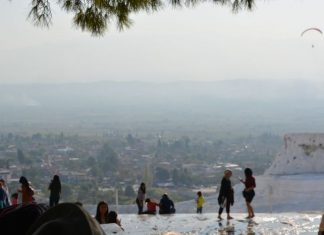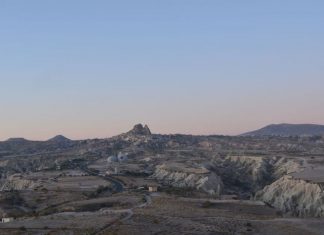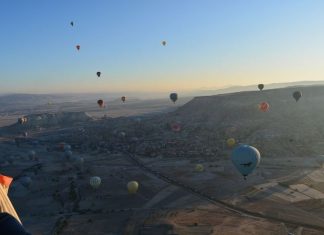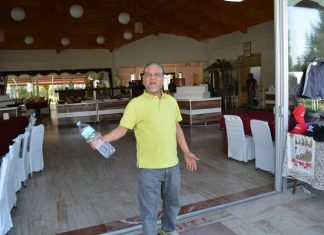Mausoleums of Brusa
History and Artistry
The Mausoleum of Orkhan
Situated to the right upon entering the esplanade, the Mausoleum of Orkhan houses the tomb of his elder brother,...
Exploring Brusa’s Landmarks and Industries
The Mosque of Murad I.
Located on Chekirieh Hill just outside Brusa, near the Medicinal Hot Springs and Baths, the Mosque of Murad I is...
Brusa’s Natural Beauty and Cultural Gems
Mount Olympus (Keshish Dagh)
Mount Olympus, known as Keshish Dagh (Mount Monk) in Turkish, stands at 7600 feet above sea level. For a successful ascent,...
Zafer Upar General Manager of the Merit Sahmaran Hotel
Zafer Upar is a newcomer to Van, despite having only arrived in the Spring, he has made himself quite familiar with Van and the...







